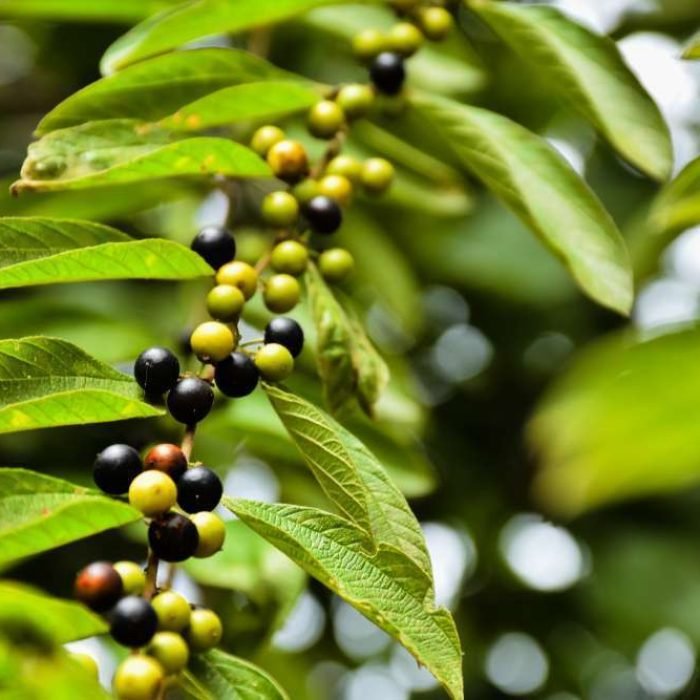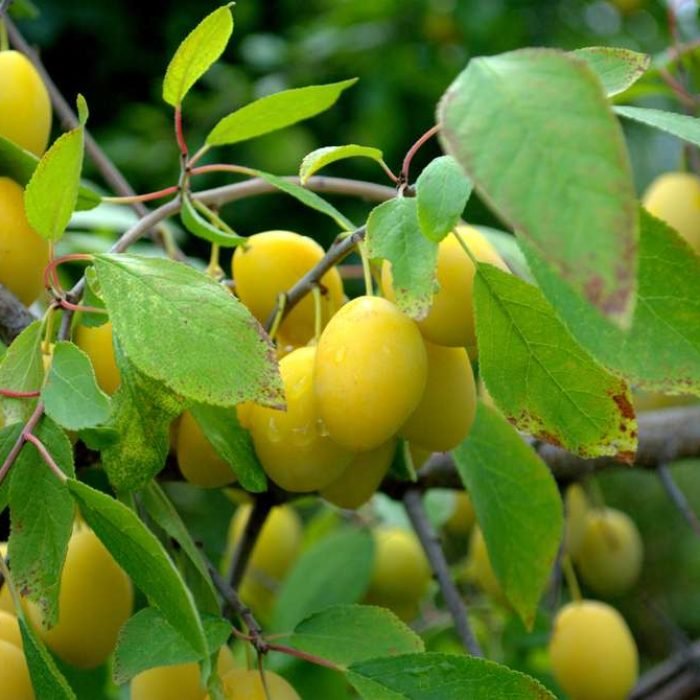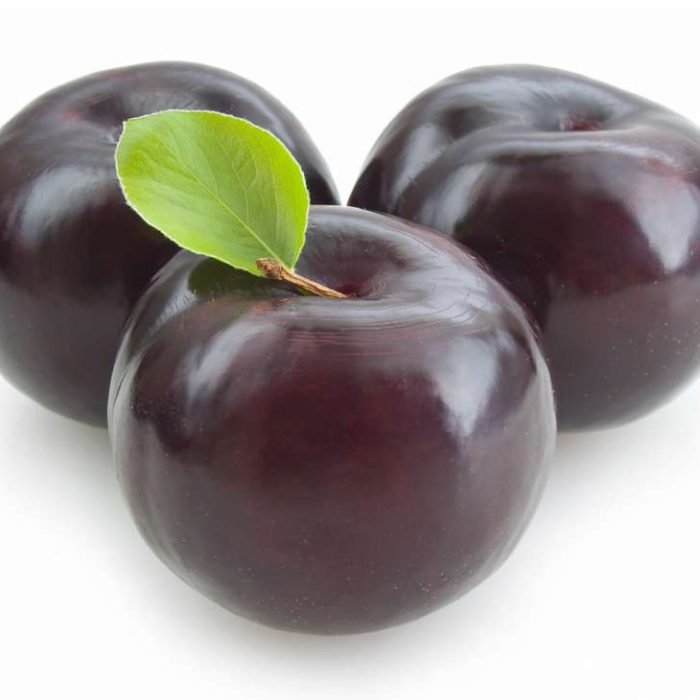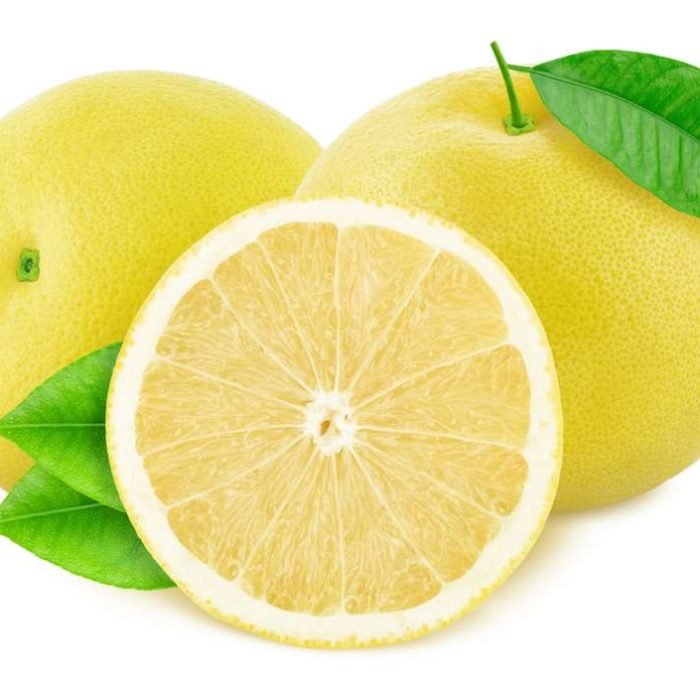Avocado
( Kotapela or avocado pear )
- Tree Type: Evergreen
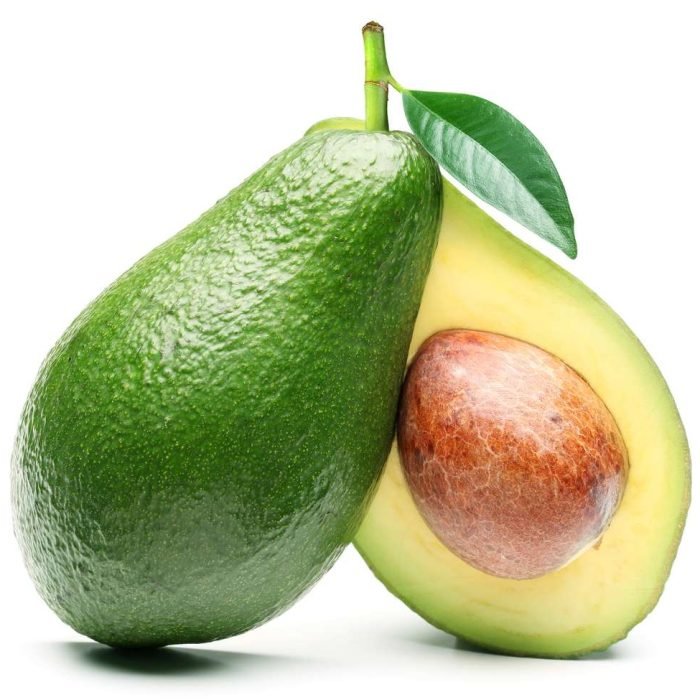
General Information
The Zambian Avocado (Ungrafted) is a large, evergreen tree fruit in the laurel family (Lauraceae), native to Africa. It is widely cultivated for its large, fleshy fruit. Its fruit (called avocado, avocado pear, or colloquially avo) is botanically a large berry containing a single large seed. Avocado trees are partially self-pollinating, and are often propagated through grafting to maintain predictable fruit quality and quantity.Description
The fruit of domestic varieties has smooth, buttery, golden flesh when ripe. Depending on the variety, avocados have green, brown, purplish, or black skin, and may be pear-shaped, egg-shaped, or spherical. Commercially, the fruits are picked while immature, and ripened after harvestingUses
The high nutrient and fat contents and texture of avocado flesh are useful for different cuisines, including sushi, sanswiches, burgers, milkshakes, bread spread, salads, dips such as guacamole, avocado cooking, oil and vegetarian diets. In addition to the fruit, the leaves are used in some cuisines as a spice, with a flavor somewhat reminiscent of anise. They are sold both dried and fresh, toasted before use, and either crumbled or used whole, commonly in bean dishes.Toxicity and Allergies
Some people have allergic reactions to avocado. There are two main forms of allergy: those with a tree-pollen allergy develop local symptoms in the mouth and throat shortly after eating avocado; the second, known as latex-fruit syndrome, is related to latex allergy and symptoms include generalised urticaria, abdominal pain, and vomiting and can sometimes be life-threatening. Avocado leaves, bark, skin, or pit are documented to be harmful to animals; cats, dogs, cattle, goats, rabbits,[104] rats, guinea pigs, birds, fish, and horses[105] can be severely harmed or even killed when they consume them. The avocado fruit is poisonous to some birds, and the American Society for the Prevention of Cruelty to Animals (ASPCA) lists it as toxic to horses.[106] Avocado leaves contain a toxic fatty acid derivative, persin, which in sufficient quantity can cause colic in horses and without veterinary treatment, death. The symptoms include gastrointestinal irritation, vomiting, diarrhea, respiratory distress, congestion, fluid accumulation around the tissues of the heart, and even death. Birds also seem to be particularly sensitive to this toxic compound. A line of premium dog and cat food, AvoDerm, uses oils and meal made from avocado meat as main ingredients.Share:
- Kingdom: Plantae
- Clade 1: Tracheophytes
- Clade 2: Angiosperms
- Clade 3: Magnoliids
- Order: Laurales
- Family: Lauraceae

